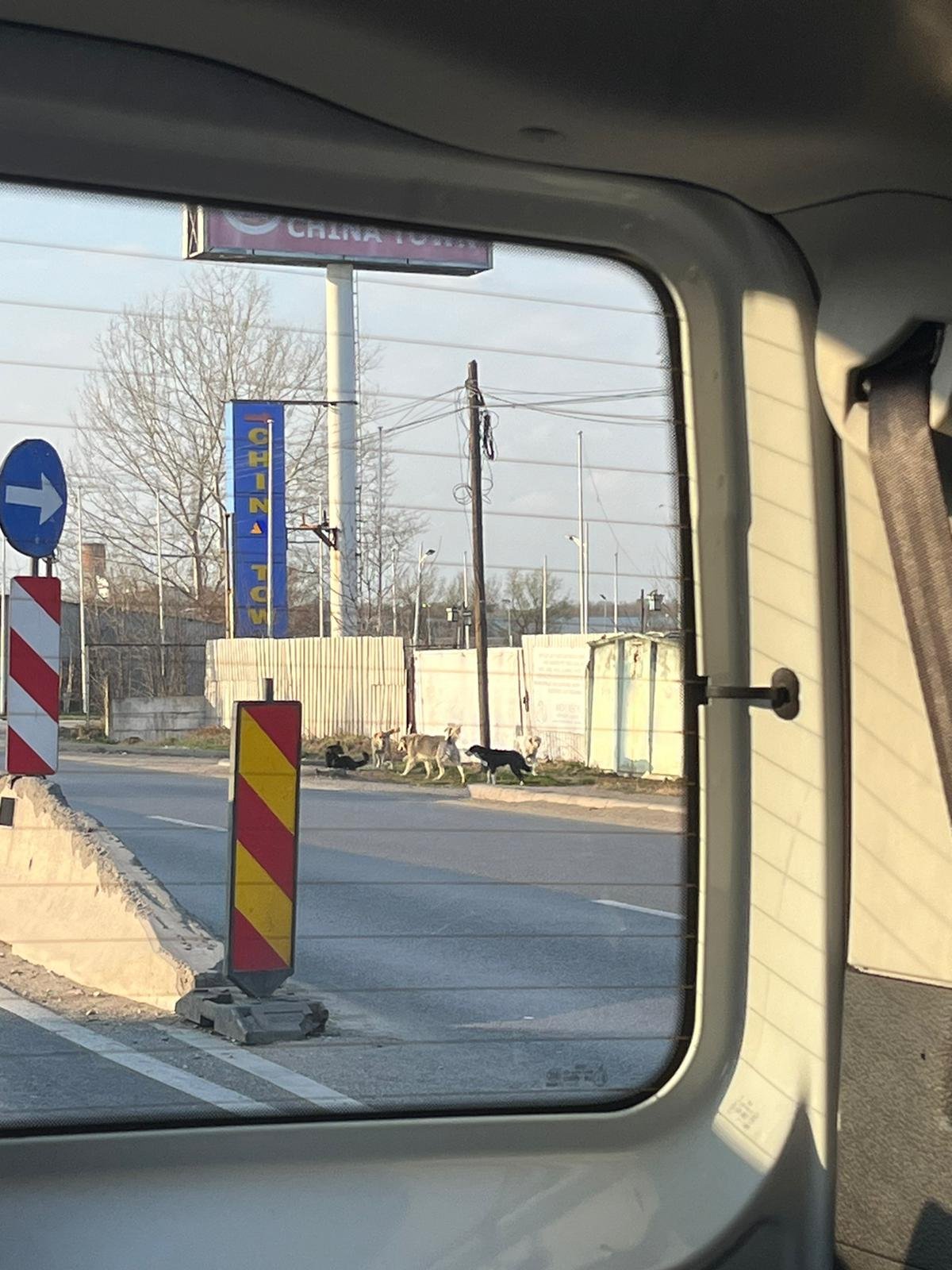Why bring dogs in from Romania when there are so many in the UK looking for homes?
A “shelter” in Romania, where dogs are left to rot and die. They are not exercised, and many are sick or injured and left untreated.
We are often asked the question: Why bring dogs in from Romania when there are so many in the UK looking for homes?
First of all, it is worth acknowledging that this is a very valid question. There absolutely are many dogs in the UK looking for homes and we do not contest this. UK rescues and their volunteers have our full support as fellow dog lovers and advocates for change. We have rehomed UK dogs before and provided rescue backup where there has been none.
Our reasons for helping our overseas dogs are extensive. The dog situation in Romania, as well as other countries such as Cyprus and Turkey, is not widely reported or understood in the UK. We hope that after reading this, you will understand why it is we do what we do.
Let’s first consider the culture surrounding dogs in the UK, for the vast majority.
Dogs are seen as loved and valued members of the family. They are welcome in family homes, have a safe and warm place to sleep, and are provided with sufficient food and water.
We are a pet-loving nation, with 57% of UK households (16.2 million) housing 38 million pets (SOURCE: Veterinary Practice) and expenditure on pets reached £9.89 million in 2022 (SOURCE: Statista). With luxury pet food and accessory brands booming, it’s safe to say that many people place a lot of value on their furry friends.
Seeing a lost dog wandering the streets is not commonplace, and when we do see it, it wouldn’t be long before someone pulled over and helped the dog. The vast majority of dogs are neutered or spayed, and this is made mandatory by legitimate rescues and breeding regulations for non-active dogs.
Next, consider the laws and regulations the UK has in place to protect animals and pets.
An amazing tool for viewing and comparing a country’s animal welfare legislation with another’s is the Animal Protection Index. If you compare the UK and Romania using the compare tool, you can see just how different the legislation is between the two countries.
The UK is by no means perfect and there are several areas of improvement, however in Romania, the capture and killing of stray dogs is not only commonplace, but encouraged and incentivised by the Romanian government.
While euthanasia does still take place in the UK, there are strict guidelines around the method of which this is done.
Now, let’s consider the culture surrounding dogs in Romania.
While there are many people in Romania who love and care for their dogs, there are far more who do not. Dogs are not considered to be family pets, and if you own a dog, it’s highly likely that they are kept outside (sometimes on a chain) and are not allowed into the home. Many are even let out to wander the streets during the day with little concern as to whether they come home again or not.
Dogs are seen more as ‘property’ than a pet, and are very much disposable. Dumping and abandoning dogs is commonplace. We have rescued hundreds of dogs that have been thrown out of cars or simply dumped in a field somewhere.
At worst, dogs are seen as vermin. Dogs on the street are often abused, hit by cars (sometimes even deliberately), poisoned or shot.
Romania is also a very religious country, and many people do not believe in spaying or neutering the dogs as it is “against God’s will”.
In regards to laws and regulations in Romania…
There are far fewer laws against animal abuse in Romania than in the UK and the laws that are in place are not enforced.
The Romanian government incentivises dog catchers by paying them on average €200 per dog that they catch and put in the kill shelters. They are therefore incentivised to keep the stray dog population going, as there is financial gain to be made from it. This is another reason why the government and many local mayors make it very difficult for charities to carry out spay campaigns.
Once the dogs are in the kill shelters, they have 14 days before they are euthanised. There are no regulations around how the dogs should be euthanised, and so many of these dogs experience horrific deaths, of which we will spare you the details.
Of the few laws that are in place, microchipping your dog is one of them, however is far from enforced. The police are much more eager to shut down a spay campaign than they are to prosecute someone for not microchipping their dog, or for harming or killing a dog.
As a charity, we have been out to Romania on countless occasions to support our rescuers in person, carry out spay campaigns, and see first hand the dog situation on the ground. We can say hand on heart - those who question why we bring over dogs from this country would understand why if they saw what we have seen.
We leave the airport and immediately see dogs by the side of the road, all the way into the countryside and beyond. They are literally everywhere. The official statistics say there are 600,000 stray dogs in Romania, but we estimate it to be far higher.
We see the poor dead bodies of sleeping dogs and puppies on the roads and in fields.
We have visited some of the most horrific shelters where dogs are kept in inhumane conditions, left to rot and die there. If a shelter like this was to open in the UK, it would be shut down immediately and the owner put in jail. In Romania, these owners are instead enjoying a lavish life of luxury with no consequences for their actions.
We hope you can understand that it is impossible to witness this first hand and look away. These dogs have absolutely no hope. We are their only hope.
We hope that this gives you an understanding of why we rescue our Romanian dogs. We have always said, “Rescue has no borders”. We don’t see borders or frontiers, we just see dogs that need rescuing. A dog is a dog, regardless of where it has come from, and we will do the absolute utmost to help those in need.










